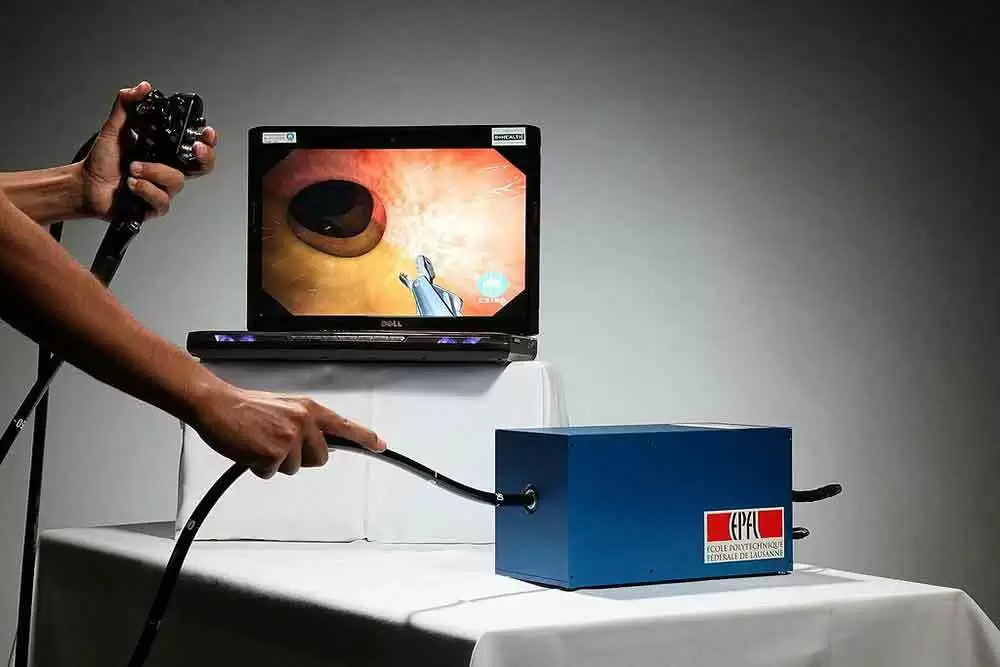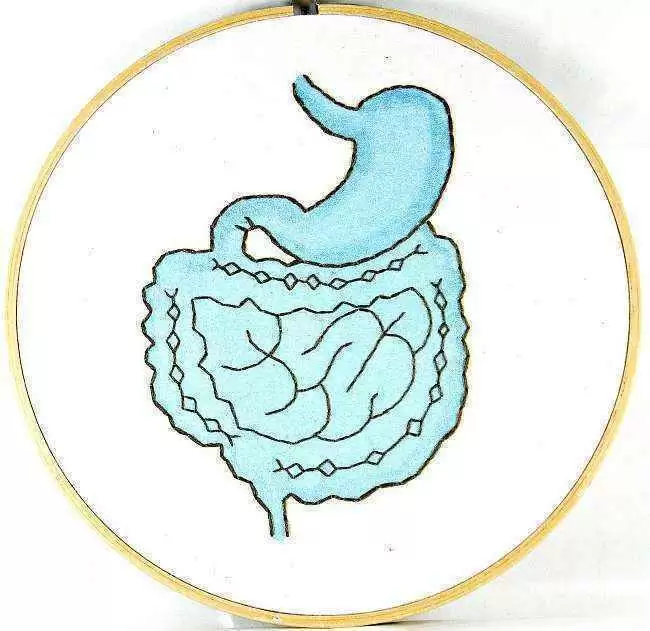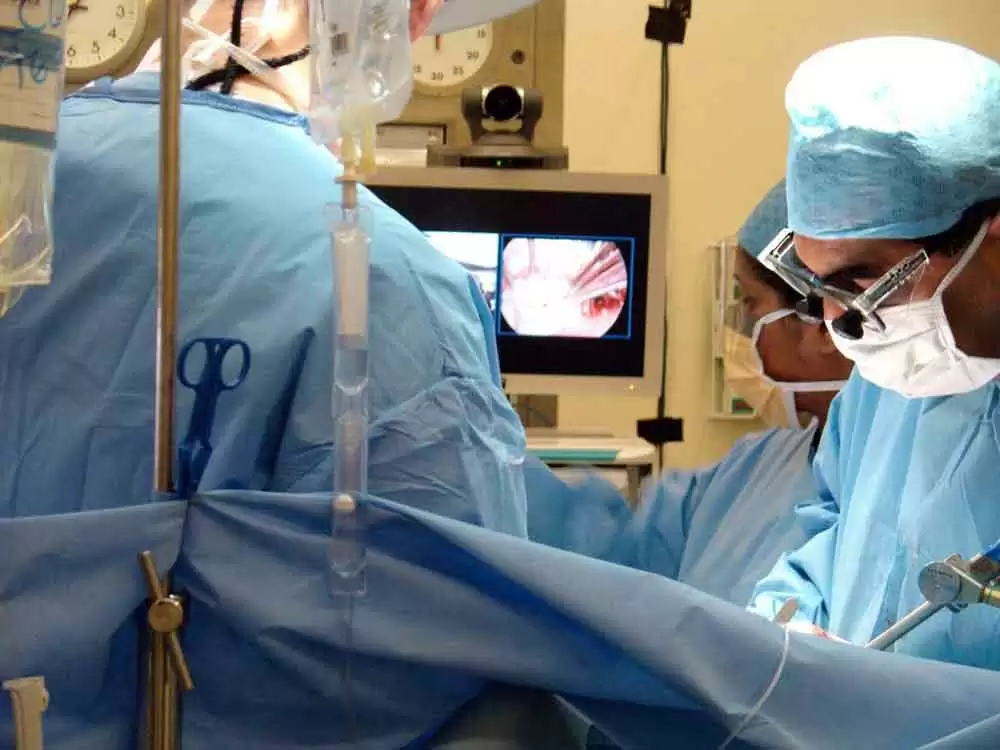
Celiac.com 06/03/2019 - In 2015, the FDA ordered duodenoscope makers Olympus, Fujifilm, and Pentax to conduct post-market surveillance studies to determine how infections were being transmitted, and to assess the factors that may be contributing to the problem. Interim results from those FDA–mandated studies show unacceptably high contamination rates after reprocessing, with deaths and infections as a result, the FDA said today.
The agency said three deaths in the United States in 2018 were likely due to contaminated duodenoscopes. "That's three deaths too many," Jeff Shuren, MD, director of the Center for Devices and Radiological Health, said in a statement.
Celiac.com Sponsor (A12):
The problem first surfaced in 2013, when the FDA became aware that reprocessed duodenoscopes were transmitting multidrug-resistant bacteria.
In 2015, when the sampling studies were ordered, the FDA expected total contamination rates for any type of organism of "less than 1% or as close to zero as possible for duodenoscopes," he added.
However, results from studies released in December 2018 show a 3% contamination rate for "high-concern" bacteria, such as Escherichia coli and Staphylococcus aureus, which can cause deadly infections. However, the latest results show that up to 5.4% of all properly collected samples tested positive for "high-concern" organisms, "which is significantly higher than the earlier results reported," Shuren said.
The numbers from 2018 also show that medical device reports (MDRs) of patient infections and device contamination have continued to roll into the FDA.
A review of 205 MDRs received between October 15, 2018, and March 31, 2019, includes 45 reports of patient infection, one report of patient exposure, and 159 reports of device contamination, in addition to the deaths.
The FDA is "continuing to evaluate the benefit-risk profile of these devices, and we'd like to see strong evidence that proper cleaning and reprocessing can virtually eliminate any bacteria residue that can spread infections. Currently, that evidence is lacking, and we're considering what additional regulatory actions may be necessary," said Shuren.
The takeaway here is to be vigilant, and speak with your doctor in advance of any procedure involving a duodenoscope. Ask what can be done to mitigate the risk. Demand a new duodenoscope if necessary.


.webp.f2478d6fedff682e2d98383d07817ea9.webp)




Recommended Comments
There are no comments to display.
Create an account or sign in to comment
You need to be a member in order to leave a comment
Create an account
Sign up for a new account in our community. It's easy!
Register a new accountSign in
Already have an account? Sign in here.
Sign In Now